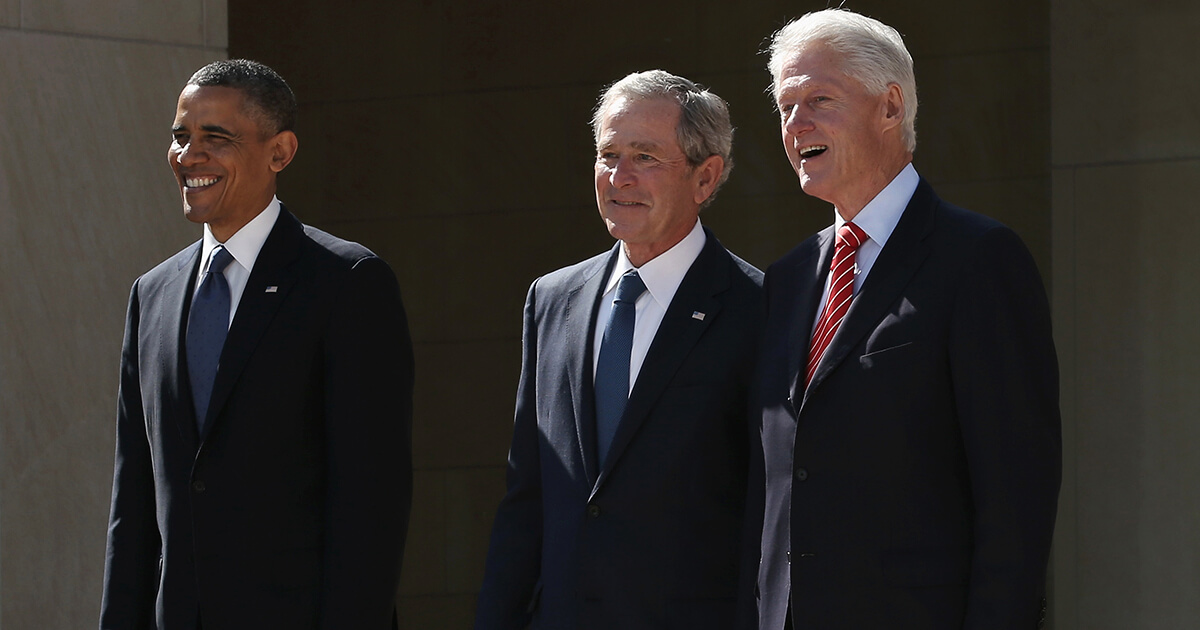South Asia
Bangladeshi authorities have begun relocating thousands of Rohingya refugees to an isolated island despite calls by human rights groups for a halt to the process. Police escorted the refugees in 11 buses from Ukhiya in Cox’s Bazar for the journey to Chittagong port and then on to Bhasan Char—a flood-prone island that emerged from the sea 20 years ago. [Al Jazeera]
Nepal’s foreign minister Pradeep Gyawali is set to visit India this month for a meeting with his counterpart S. Jaishankar aimed at boosting efforts to restore normalcy to bilateral ties hit by a border row earlier this year. Gyawali will be the senior-most Nepalese leader to visit India since ties were derailed in May when Kathmandu issued a new political map that included Indian territories. [Hindustan Times]
Central Asia and the Caucasus
17 Armenian opposition parties released a statement on December 3, expressing anger over Prime Minister Nikol Pashinyan’s handling of the Nagorno-Karabakh conflict, and nominated former prime minister and ex-defence minister Vazgen Manukian to head a “transitional, anti-crisis government” until early parliamentary elections could be held. [Public Radio of Armenia]
The Central Election Commission of Georgia announced the final results of the country’s general election on Thursday, declaring the ruling Georgian Dream party as the winner of the vote, that the opposition claims was rigged. The first session of the parliament is to be convened within 10 days of the announcement. [RFE/RL]
East and Southeast Asia
China’s export control law came into effect on Tuesday, expanding Beijing’s options of countermeasures to trade restrictions imposed by other countries. The law was first drafted in 2017 and approved in late October. It bears resemblance to US Export Administration Regulations, and includes a list of controlled items like sensitive technology, military goods, dual-use items that have both civil and military uses, and a licence requirement for anyone who intends to export or re-export these goods. [China Economic Review]
Aid organization International Committee of the Red Cross (ICRC) said on Thursday that their last remaining foreign staff have left North Korea, the latest in a mass exodus of foreigners amid strict coronavirus lockdowns. [Reuters]
Europe
Russian President Vladimir Putin on Wednesday urged Belarusian leaders to resolve their differences through dialogue, while asserting that the country was facing unprecedented meddling by external forces. [Reuters]
Moldovan President Igor Dodon has ignited popular protests after he stripped the presidency of control over the state’s intelligence service. This is widely seen as a move to undermine the power of incoming president Maia Sandu, who defeated the current leader in a runoff election last month. [Euronews]
Latin America and the Caribbean
Mexican President Andrés Manuel López Obrador revealed that his July visit to Washington paved the way for the Trump administration to distribute the vaccine to Mexico. Mexico’s Health Department has signed a contract for 34.4 million doses. [Associated Press]
Middle East and North Africa (MENA)
Israel on Thursday cautioned its citizens against travelling to Georgia, Azerbaijan, Turkey, the UAE, and Bahrain, citing Iran’s recent threats following the assassination of its top nuclear scientist last week. Though no one has claimed responsibility for the attack, Tehran has blamed Israel for killing Mohsen Fakhrizadeh on November 27. [RFE/RL]
Egypt has ordered the release of three staffers from the Egyptian Initiative for Personal Rights (EIPR) following a concerted international campaign to free them. Police arrested the individuals on charges of “joining a terror group” and “spreading false news” after a public meeting with foreign ambassadors on November 3 to discuss human rights in the country. [Al Jazeera]
North America
Canada on Thursday introduced a new legislation, named Bill C-15, aimed to implement the UN Declaration on the Rights of Indigenous Peoples (UNDRIP). The move is being seen as an important step in protecting Indigenous rights in Canada. [Al Jazeera]
Former US Presidents Barack Obama, George W. Bush, and Bill Clinton have volunteered to get their COVID-19 vaccines on national television to promote confidence in the vaccine’s safety and effectiveness once it has been approved by the FDA. [CNN]
Oceania
After New Zealand Prime Minister Jacinda Ardern offered her support to the Australian government over its spat with the Chinese foreign ministry, Chinese state-owned newspaper Global Times called her a “bleating sheep”. [news.com.au]
An investigation commissioned by the Australian Workers Union (AWU) has found that seasonal blueberry pickers, many of whom are foreign workers, routinely have their wages arbitrarily deducted or withheld, or are paid as little as $3 an hour. [ABC News]
Sub-Saharan Africa
The Human Rights Watch (HRW) revealed that over 50 Ivorians have been killed in the aftermath of the conclusion of the presidential election last month, which saw President Alassane Ouattara secure a controversial third term in office with 94% of the votes. [Human Rights Watch]
Former Central African Republic President François Bozizé was deemed ineligible by the nation's constitutional court to contest in this month's election. The Court disqualified him due to his previous prosecution for assassination and torture, and the fact that there is an international arrest warrant for him. Bozizé ruled the country from 2003 to 2013, at which point he was ousted from power via a coup. [Africa News]
World News Monitor: 04 December, 2020
A quick look at events from around the globe.
December 5, 2020

SOURCE: WGN-TV
